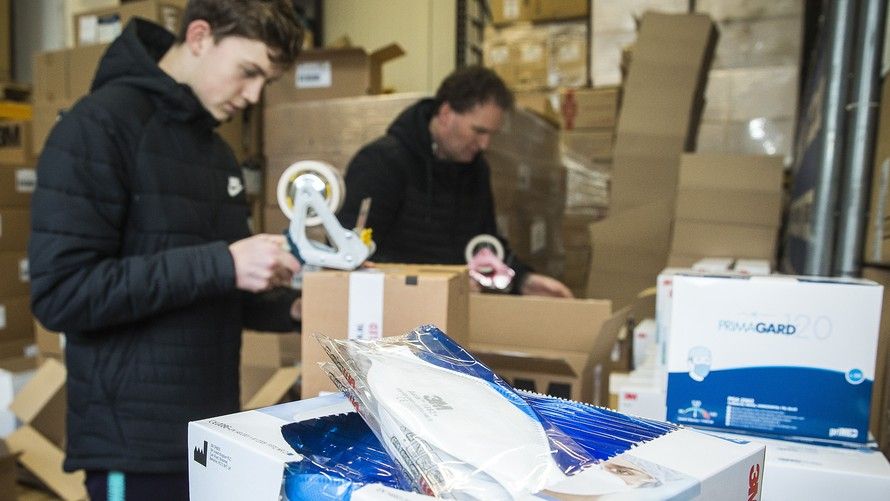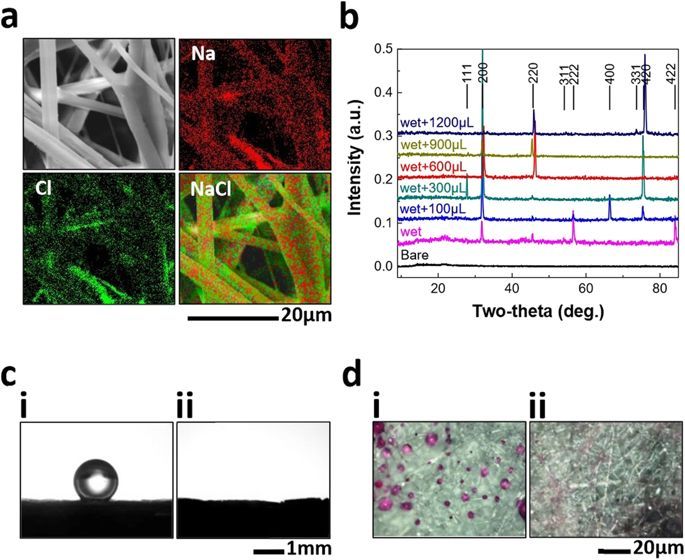Scientists from Tufts University, the University of Vermont, and the Wyss Institute at Harvard published early research in Proceedings of the National Academy of Sciences about robots made from heart and skin cells derived from frog embryo stem cells that they call xenobots. What does this mean for robotics and what are the ethical issues at play?
Starring tom merritt, sarah lane, len peralta, roger chang, annalee newitz.
Support Daily Tech News Show! https://www.patreon.com/dtns
Quick Hits:
https://www.theverge.com/2020/1/16/21069422/facebook-whatsap…sing-plans
https://www.theverge.com/2020/1/17/21070318/facebook-develop…ompetitors
https://www.thurrott.com/smart-home/228303/xiaomi-is-back-on…e-and-nest
Top Stories:
https://www.androidpolice.com/2020/01/17/exclusive-google-is…chrome-os/
https://www.trustedreviews.com/news/grab-google-stadia-premi…al-3970594
https://www.cnbc.com/2020/01/17/apple-may-be-forced-to-ditch…rules.html
https://www.scmp.com/tech/policy/article/3046346/shanghai-in…als-combat
https://thenextweb.com/artificial-intelligence/2020/01/17/go…ire-books/








